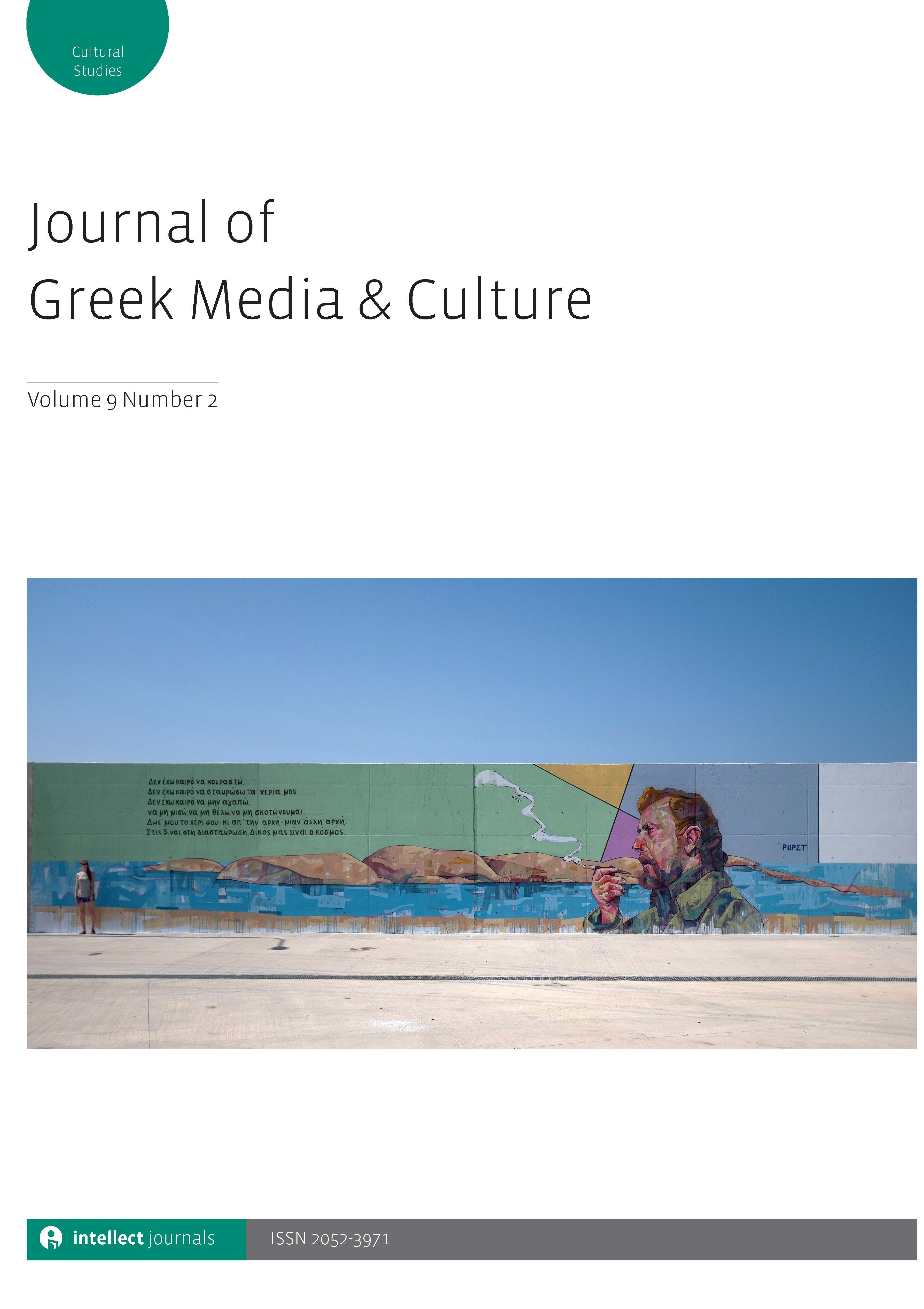
Full text loading...

This article proposes a postcolonial reading of Stratis Tsirkas’s Ariagne (1962) through Paul Gilroy’s concept of ‘convivial culture’ (2004). It suggests that the Mediterranean may transcend history and geography, gain metaphorical and symbolic weight and offer an analytic trope to explore issues of diaspora, community coexistence and neighbouring in Ariagne (1962). The analysis aims to trace in Tsirkas’s text a submerged ethos of antiracist solidarity among subaltern subjectivities in their trans-Mediterranean, transnational and diasporic encounters. It focuses on three aspects: the motif of ‘going native’, the embodiment of subaltern interracial affinity and Indigenous visibility. The article contributes to the theoretical elaborations of a postcolonial engagement with modern Greek fiction and the way texts reflect the colonial moment. The choice to examine literary stories of conviviality within the Mediterranean archive, such as Ariagne’s, is also an attempt to tackle ethnic essentialism and imagine an alternative perspective on Mediterranean modernity.

Article metrics loading...

Full text loading...
References


Publication Date:
https://doi.org/10.1386/jgmc_00078_1 Published content will be available immediately after check-out or when it is released in case of a pre-order. Please make sure to be logged in to see all available purchase options.